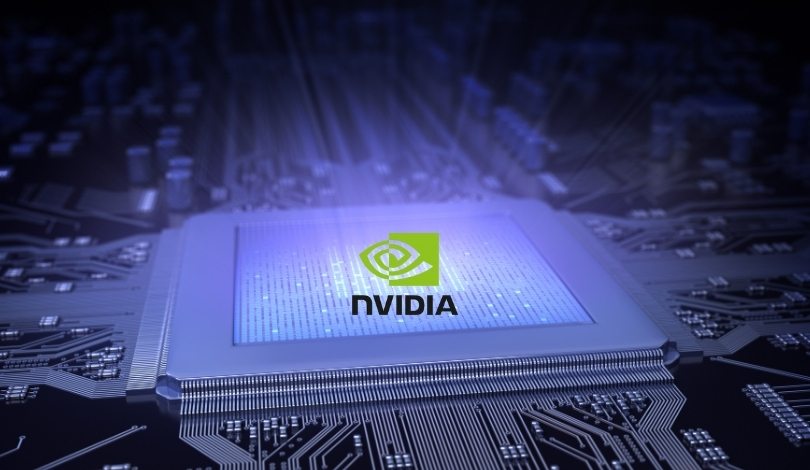Amazon’s Austin-based chip lab is at the forefront of a technological push to develop AI chips that rival Nvidia‘s dominance. By designing and testing a new server on July 26, Amazon aims to reduce dependency on Nvidia, currently powering a substantial portion of the AI cloud business for Amazon Web Services (AWS). This strategic shift could enable Amazon to offer cost-effective solutions to its customers and enhance its competitiveness in the cloud computing market.
Fulfilling Customer Demand
Strategic Chip Development
Amazon’s chip development initiative addresses two critical objectives: reducing reliance on Nvidia chips and catering to growing customer demand for more affordable AI computing solutions. Rami Sinno, an Amazon executive, noted the increasing interest from clients seeking alternatives to Nvidia’s expensive chips. This development aligns with broader moves by tech giants like Microsoft and Alphabet, which are also working on custom chip designs to maintain their market positions.
Comparing recent developments, Amazon’s Trainium and Inferentia chips are in early stages but have shown potential for significant performance improvements. These chips are tailored to handle specific AI tasks, promising up to 40-50% better price-performance ratios compared to Nvidia’s offerings. Amazon’s previous success with its Graviton chips, now in their fourth generation, underscores its capability in custom chip design.
Amazon’s Annapurna Labs, acquired in 2015, serves as the foundation for the company’s chip-making efforts. This acquisition has proven instrumental as the demand for AI and cloud services continues to grow. The deployment of 250,000 Graviton chips and 80,000 custom AI chips during Amazon’s recent Prime Day highlights the practical application and scalability of these innovations. With AWS accounting for nearly a fifth of Amazon’s total revenue, the stakes for maintaining and enhancing its cloud infrastructure are high.
Nvidia, meanwhile, is not standing still. The company’s upcoming Blackwell chips promise double the AI model training power and quintuple the inference speed. Nvidia’s expansive client base, including tech giants like Google, Microsoft, and Meta, underscores its leading position in the AI chip market. Additionally, Nvidia is diversifying its portfolio with new software tools and specialized chips for applications in various industries, such as in-car chatbots and humanoid robots.
Amazon’s strategic push to develop its own AI chips is a direct response to the economic pressures of relying on Nvidia’s hardware. By creating cost-effective and efficient alternatives, Amazon not only aims to reduce operational costs but also to offer competitive products to its customers. As the AI chip race intensifies, the industry will likely see continued innovation and competition, benefiting end-users with more choices and better performance.










